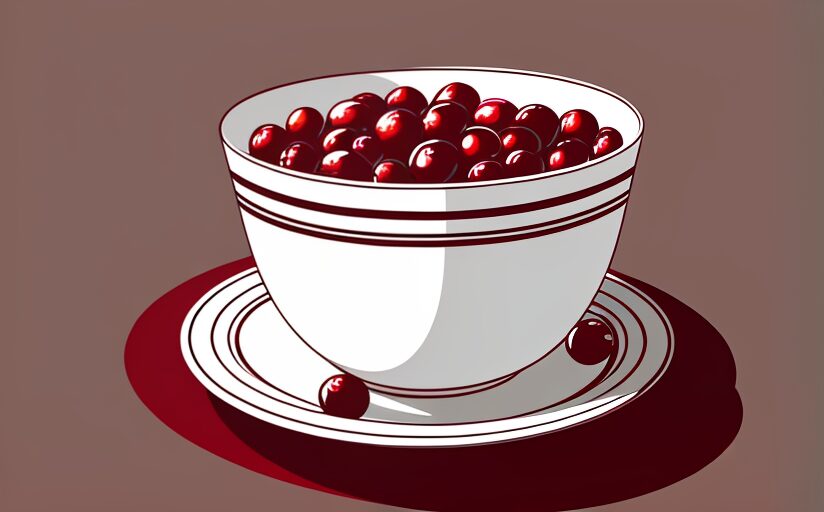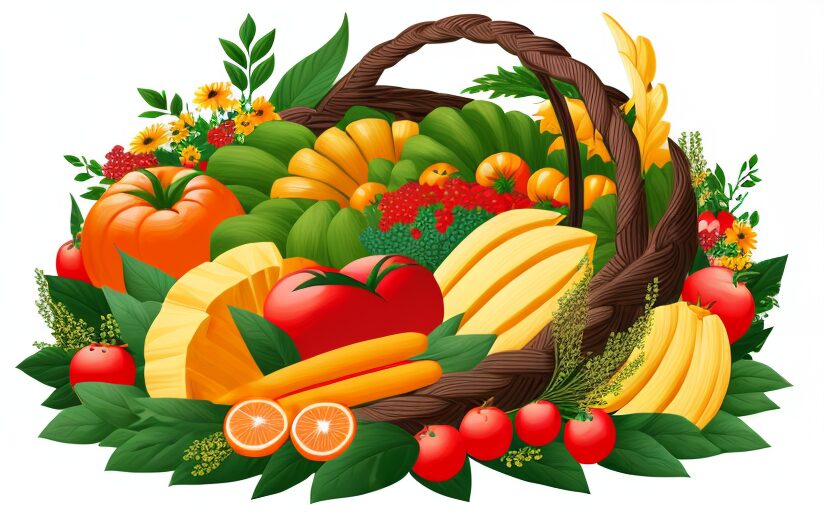Have you ever wondered where certain Thanksgiving terms originated from?
Working as a professional writer has made me curious about where the English language came from, so I decided to geek out and study the origins of some words commonly used during this Thanksgiving holiday season.
List of Thanksgiving Terms and Their Origins
Before we get into the origins of the different Thanksgiving terms that are out there, I figured it would make sense to define the term ‘etymology’. Etymology is the study of the origins of words. It also focuses on how those meanings have changed over time. When it comes to the origin of the word thanksgiving and the etymology of gratitude, the meanings have changed quite a bit over time.
So, without further ado, here are some of the origins (etymologies) of the most famous Thanksgiving terms.

Cranberries
So what is the cranberry etymology? Around the 1640s, American English adapted the term from the German kraanbere. It is believed that the fruit was so named because the stamens of cranberry plants resembled the beak of a crane, or kraan. Nowadays, cranberries are synonymous with the holidays; especially Thanksgiving.
Family
Family, which came from the Latin famulus and familia, was first used in the early 15th century when talking about household servants. Interestingly, the Latin term was rarely used when referring to parents and their children as a collective unit, but it instead denoted servants or members of an estate or property. Talk to anyone cooking the majority of the Thanksgiving meal, and they’ll likely understand why family once meant servants!
Nap
The Old English hnappian is likely of Germanic origin; it possibly comes from the Old High German hnaffezan meaning “to sleep lightly.” When converted to Thanksgiving terms, napping is a tradition that comes after the big meal (in order to get out of doing the dishes).
Pumpkin Pie
What would a list of Thanksgiving terms origins be without the pumpkin etymology? Pumpkin is an alteration of the English pumpion, which stemmed from the now obsolete French pompon. The French adopted that term from the Greek word pepōn meaning “melon.”
Pie hasn’t evolved much since the 13th century. The Latin pica meaning “magpie” is believed to be the root of the Old French pie, and the Middle English pie, also meaning “magpie,” likely originated from that Old French term. The magpie is a bird that randomly collects objects to build its nest. Pie, the food, was likely named after this bird because the pastry is filled with assorted ingredients.
Pumpkin-pie was first recorded in the 1650s.
Thanks
The Old English panc means “grateful thought” or “gratitude.” OE pancian, a verb, means to recompense or reward. This is rooted in the Proto-Germanic thankojan, which comes from thankoz, meaning “thought, gratitude.” Over time, the OE form morphed from panc to thanc to thancas, ultimately ending with thanks. Now you know where the origin of the word ‘thanksgiving’ comes from!

Turkey
Last but not least, let’s get into the meat of Thanksgiving terms. In the 1540s, guinea fowl, a type of bird that was imported from Madagascar through Turkey, was commonly referred to as turkey. The bird most North Americans now enjoy on Thanksgiving received its name because it was identified as a species of the guinea fowl.
Impress With Your Knowledge of Thanksgiving Terms
Go ahead and use these random facts about Thanksgiving terms to impress your dinner guests. Doing so is an interesting way to break the ice, and learning these Thanksgiving terms make me thankful that words like hnappian are no longer part of our language. What are you thankful for?
Happy Thanksgiving!


Leave a Reply